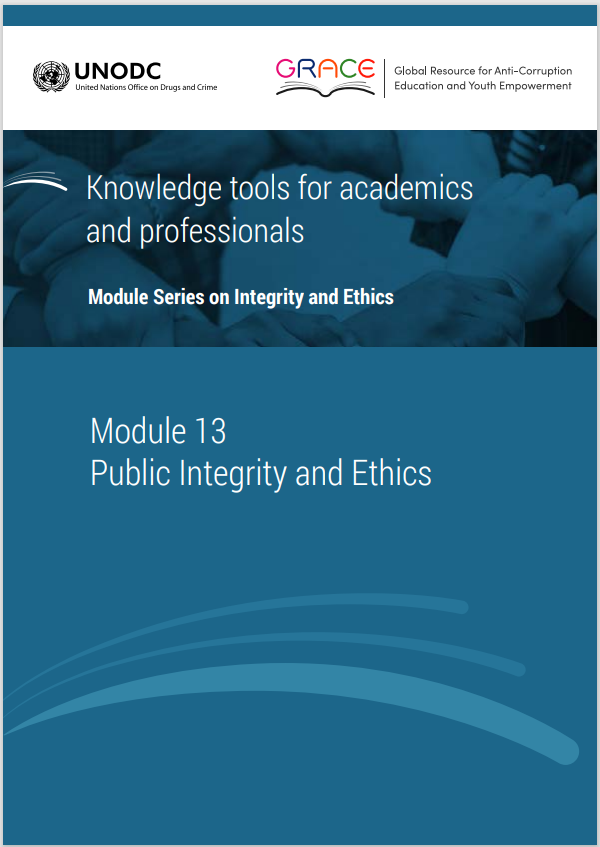This module is a resource for lecturers
Case studies
Choose one of the two case studies presented below:
Case study 1: Disease Control CentreImagine that you work in a public health clinic that offers free and anonymous testing as well as confidential counselling and advice for HIV patients. During a counselling session, you find out from a patient who was diagnosed with HIV a year earlier that he does not inform his sex partners that he has HIV and does not use any protection. From the discussion, it seems obvious to you that he does not intend to change this practice. What would you do? Would you feel you cannot do anything because your role is to provide confidential counselling and advice? Or would you report to your boss or to the police? Lecturer guidelinesMake sure that students focus on arguments for choosing alternatives and avoid stereotyping and judging the patient. Let students discuss the options for as long as it takes them to understand the dilemma between the trust in the confidentiality of the service provides and the need to protect victims. Follow the general guidelines of Exercise 4. During the discussion, the lecturer may wish to mention that the patient's behaviour could amount to a serious crime in some countries, and explore the relevance of this point to ethical issues. A similar scenario with additional guidance for lecturers is provided in Role Morality Case Study 2 in Integrity and Ethics Module 14 (Professional Ethics). |
Case study 2: Spraying against ticksImagine that there are ticks in your region which transmit serious (and potentially fatal) diseases such as Lyme disease and encephalitis. Spraying a certain chemical substance on plants and grass kills the ticks thereby considerably decreasing the risk of ticks infecting humans, but needs to be repeated periodically to be effective. Until recently, this chemical substance was available on the market and could be legally sprayed on plants and grass in gardens and public spaces. Last year an intergovernmental international organization introduced a ban on spraying the chemical in gardens and public spaces. The reason for the ban was a study which found that the environmental costs are higher than the benefit from spraying. It is possible that the study was carried out in countries where ticks do not carry such fatal diseases or where there are lower numbers of ticks compared to your country. Nevertheless, your country introduced a law that banned the use of the chemical for spraying plants. The chemical was still available and legally permitted for use in grain storages. The only protection against ticks is another spray that many refuse to use because it needs to be applied on the clothes and on the skin of people. In the garden where your children play there is a danger of ticks. You always used the banned product and it worked. Would you spray it out this year as well, when you know that it has been banned for use in gardens and parks? What if you were the head of social services in the local government, and the director of the local public kindergarten comes to your office explaining that there are many ticks in the yard of the kindergarten and parents want her to spray the plants to protect the children. She asks for your permission to spray the banned chemical substance that kills the ticks. Would you allow her to use the banned material? Lecturer guidelinesPresent the case study first as the dilemma of a private individual who has ticks in the garden where his children play. Students work on the dilemma for a short time (approximately 5 minutes) and in most cases rapidly agree to spray. Subsequently, present the second scenario, asking students to imagine that they are public servants who are asked to authorize the use of the spray to kill the infected ticks in the yard of the local public kindergarten. The discussion will probably last longer as the students explore the specific responsibilities connected to public roles. Ask students to reflect on the difference between the two scenarios and the consequences of the decision Students usually agree to using the banned substance at home but have a long debate about whether the public servant should sign the contract. The lecturer should recall that public service decisions must be legal, effective and ethical. In this case, the three conditions cannot be simultaneously fulfilled. The lecturer should stress that making decisions in ethical dilemma situations is part of the role of public servants and entails taking responsibility. The lecturer could follow the general guidelines of Exercise 4. |
 Next page
Next page
 Back to top
Back to top
